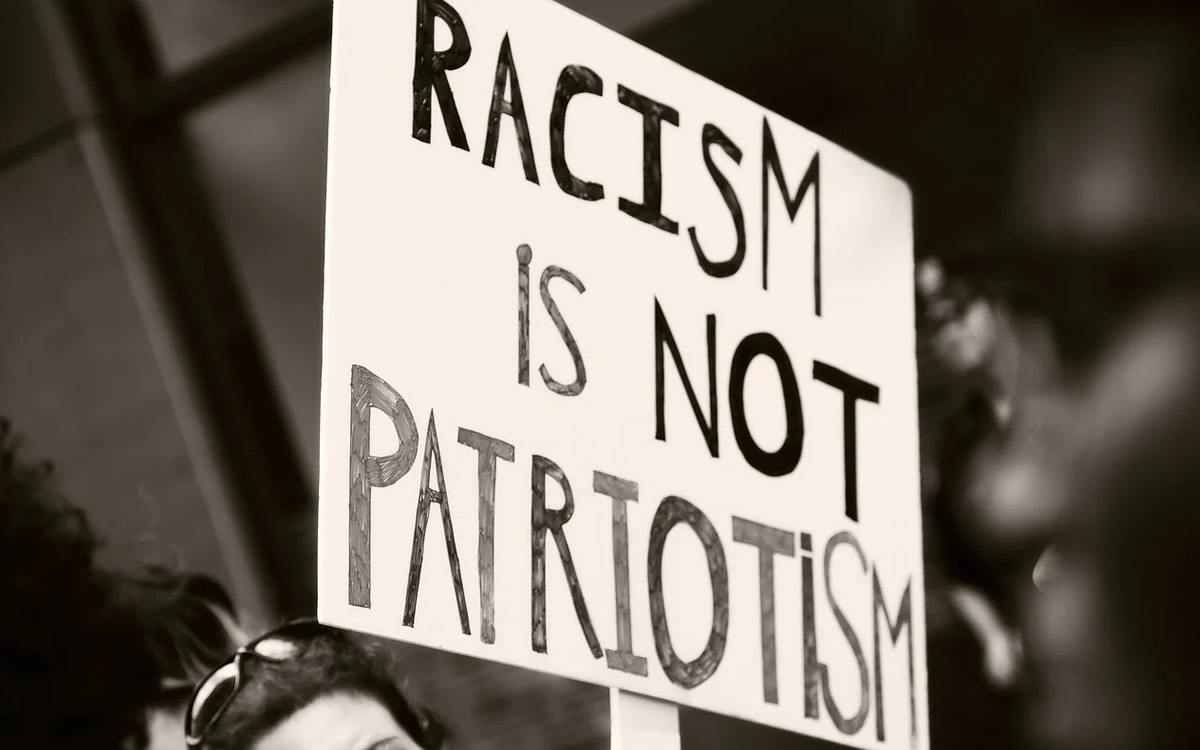
By Dr. Robert Saul, special to Statehouse Report | Racism is a problem for all, but particularly children. Those affected are raised in an environment that has lifetime effects and usually multiple effects across generations. The easy thing to do is to sit back and just hope that society does better. But those who care for children are not allowed that “luxury.” They must engage to make a difference.
 The American Academy of Pediatrics recently released a policy statement on racism. As the professional organization representing close to 70,000 pediatric providers, it is compelled to address factors that leave some children more vulnerable than others. The statement identifies racism as a “system of structuring opportunity and assigning value based on the social interpretation of how one looks (‘race’) that unfairly disadvantages some individuals and communities, unfairly advantages other individuals and communities and saps the strength of the whole society through the waste of human resources.” Now that is a mouthful, but note the three main points: 1) disadvantage to those targeted; 2) advantage to those not targeted; and 3) potential social discord and decreased productivity. The failure to address racism affects the health and well-being of all children, their families and their communities.
The American Academy of Pediatrics recently released a policy statement on racism. As the professional organization representing close to 70,000 pediatric providers, it is compelled to address factors that leave some children more vulnerable than others. The statement identifies racism as a “system of structuring opportunity and assigning value based on the social interpretation of how one looks (‘race’) that unfairly disadvantages some individuals and communities, unfairly advantages other individuals and communities and saps the strength of the whole society through the waste of human resources.” Now that is a mouthful, but note the three main points: 1) disadvantage to those targeted; 2) advantage to those not targeted; and 3) potential social discord and decreased productivity. The failure to address racism affects the health and well-being of all children, their families and their communities.
The statement goes on to detail the impact of racism—health inequities, chronic stress, poverty and the unequal application of justice. With regard to the latter, those who are familiar with the work of Bryan Stevenson of the Equal Justice Initiative are reminded that the “opposite of poverty is not wealth; the opposite of poverty is justice.” But all of the specific factors require significant engagement if we want to make a change.
The childhood experiences of racism are recognized to occur at three levels—1) institutional; 2) personal; and 3) internalized. Institutional (or structural) racism refers to the social structures that continue the disadvantages for some and the advantages for others and perpetuate the system that allows it. These social structures can include neighborhoods, educational sites, pockets of poverty and legal means. When these institutional factors occur, they are real barriers. And when these barriers are present, these experiences become very personal. And then more often than not, these personal experiences become internalized by the folks living under specter of racism.
The skeptical reader will say that this vicious cycle no longer exists in our society, that all of the past social ills have been corrected. The skeptical reader would be wrong. As a pediatrician for now over 40 years, I can accurately attest to the continued problems with racism that need our constant attention. A path forward for health professionals and community activists and policy makers is well articulated in the AAP’s policy statement.
Yet each of us has a role beyond reading and trying to implement an important policy statement. The new book by Ibram Kendi, history professor at American University, tells us that it is not sufficient to say “I am not a racist.” Such a passive stance goes against our moral and religious teaching. We have to be active in our stance against racism and bigotry and institutional barriers that perpetuate keeping one group of citizens at a continued disadvantage. We have to be anti-racist—that is, we have to be “one who is supporting an anti-racist policy through their actions and expressing anti-racist ideas.” It is insufficient to say that “I don’t have a racist bone in my body” or “some of my best friends are people of color.” We have to be on the front lines opposing racism at every turn.
I am proud of my professional organization for taking a strong stand against racism and outlining some significant actions to make a difference. I challenge the rest of us to do the same. It is not easy, and at times it seems to go against what might be ingrained into our culture. Change is always hard, but our humanity demands our willingness to be engaged in this work of reducing racial inequities.
Dr. Robert A. Saul is a Greenville pediatrician and the author of “My Children’s Children: Raising Young Citizens in the Age of Columbine” and “All About Children.” In 2015, he offered this commentary on the toxic effect of poverty.
















 We Can Do Better, South Carolina!
We Can Do Better, South Carolina!
As the daughter of a pediatrician in Orangeburg, Dr. James M Albergotti, Jr., I can say he would have agreed with you, as I do, and I am so glad you have spoken out. Thank you. Judy Hines of Charleston